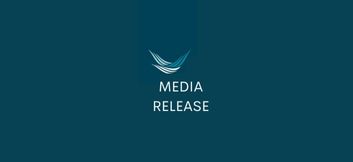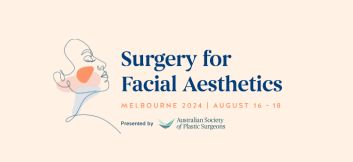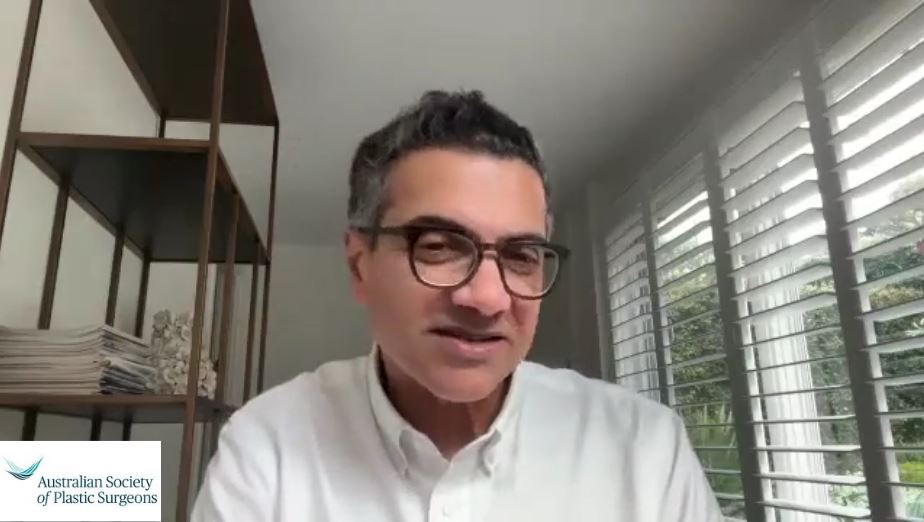Medical groups response to AHPRA comments in The Australian


Medical groups response to Ahpra comments in The Australian of 31 March 2023 Ahpra’s implication that all the colleges and societies named are acting solely from financial incentives “there is a lot of money at stake in cosmetic surgery reform” is deeply troubling. It implies that the leading surgeons of the nation are lying about their motivations for raising concerns about Ahpra’s misguided endorsement system.
They clearly do not value specialist surgical training and are condoning lesser standards. It is true that there are non-surgeon doctors in public hospitals in all parts of Australia performing surgical procedures, but they are within the boundaries of strict training and supervision settings. Their supervision is conducted by Fellows of the Royal Australasian College of Surgeons. Ahpra and the Medical Board have lost their way.
To claim that any opposition to an endorsement scheme that does not require the standards expected of all other surgeries in Australia is motivated by money, is an offence to the patients who have been maimed and the brave whistle blowers who have spoken out against cosmetic cowboys. The Royal Australasian College of Surgeons and specialist surgical societies have at their hearts the excellence of surgical training and the safety of patients, and to suggest otherwise is deeply offensive.
Plastic surgeons, who perform the vast majority of cosmetic surgical procedures in Australia, do not have a shortage of patients. Increasingly they are seeing patients who have been harmed by underqualified practitioners and need corrective surgery, and this must stop. These practitioners do not have admitting rights to inpatient services and therefore are often unable and unqualified to look after complications of surgery. This often results in patients being dumped onto the public hospital system. And in response, we see Ahpra showing disdain for their wellbeing and a desire to further weaken standards. Our concerns are about public safety and quality for all.
After all this time, as patients continue to be harmed, the response from Ahpra and the Medical Board is one of deflection and deeply troubling.
We see no issues if general practitioners do a rural generalist course or if a medical practitioner obtains cosmetic surgery or other training that is up to an Australian Medical Council (AMC) standard that achieves competence in a predefined limited scope of practice. However, major surgery, cosmetic or otherwise, needs to be undertaken by specialists who have received appropriate AMC approved training to the highest standards and who have the competence to deal with a much larger scope of practice and range of outcomes and complications.
General practitioners already practice within their scope of competence in rural hospitals that have appropriate governance in place, but as we have seen with cosmetic surgery some medical practitioners don’t professionally practice within a safe scope of practice based on their competence. By undertaking surgery in their own privately owned clinics without proper clinical governance they escape independent scrutiny, and professional audit of outcomes is inaccurate and, in most cases, non-existent.
The AMC accredited training programs cover various specialties that perform cosmetic surgical procedures. These include RACS surgery specialties such as Plastic and Reconstructive surgery; Otolaryngology Head and Neck surgery; General Surgery and Urology, as well as non-RACS specialties that include Ophthalmology and Obstetrics and Gynaecology. All these specialties require five to six years training at a minimum, on top of a primary medical degree. Specialist surgeons are required to participate in annual continued professional development, peer reviews, 2 scrutiny of their cases and provide aftercare with the option of an overnight hospital should complications arise.
This is a matter of patient safety. And in fact, perhaps the underqualified practitioners who are welcoming a lower standard of training, are doing so because they put profits before patients. Ahpra must uphold high standards to put patients before profits.
Ends.
Media enquiries: Abderazzaq Noor (0429 028 9330); Lucy Clark (0420 872 102) or Sandra Renowden (0403 823 218).
Notes to editor Surgeons from the Royal Australasian College of Surgeons (RACS) are highly trained and undergo five or six years of surgical training that is certified by the Australian Medical Council (AMC) or Medical Council of New Zealand (MCNZ). This training is in addition to their medical degree and prevocational training in a hospital. By the time they have finished their surgical training, our surgeons will have completed more than a minimum of 12 years of rigorous training and acquire the post-nominal of FRACS – Fellow of the Royal Australasian College of Surgeons. FRACS surgeons are also trained to provide the physiological, ethical, psychological, pharmacological, surgical and medical expertise to safely diagnose, treat and manage surgical patients. Their training and practice put patient safety at the forefront during consultations, surgery and post-operative care.
Featured Stories

Member Blog with Dr Ellis Choy: What is a Deep Plane Facelift?
Who is the ideal candidate for a deep plane facelift?…
Continue reading Like
Like

